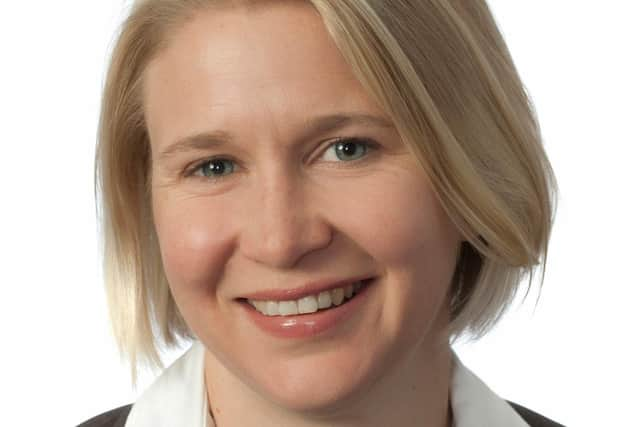Let’s do net zero together and invite the world to join us - Dr Sarah Ivory
This article contains affiliate links. We may earn a small commission on items purchased through this article, but that does not affect our editorial judgement.


As with any complex social issue, these efforts require a combination of actions from government, businesses and individuals. We need policy responses to address systemic issues and assist those least able to change. We need business models which provide low carbon options and solutions for society, and incentives for individuals making these choices.
Scotland has some of the most progressive climate policies aimed at achieving net zero by 2045 – five years ahead of the UK target. Net zero will be achieved when the amount of greenhouse gas emissions we put into the atmosphere balances with the amount we’re able to take out. And while 97 per cent of Scotland’s electricity demand in 2020 was met by renewables, currently we are still emitting far more than we can absorb.
Advertisement
Hide AdAdvertisement
Hide AdThe Scottish Government’s Let’s Do Net Zero campaign focuses on driving each of us as individuals to consider what we buy, how we travel, what we eat, and how we heat and power our homes. It provides clear and actionable advice and guidance, backed up by support and incentives to drive the changes needed to achieve net zero.
Just like in the Covid crisis we find different groups of society being asked to fulfil different roles. Some were asked to put their lives (literally) on the line. Others were asked to retrain into other roles to support the economy or to do their jobs differently. And others were asked to stay at home. Similarly in the climate crisis some of us are being asked to design policy and fund incentive packages, others to develop business transition strategies and enact them. Many are being asked to retrain into the roles needed to support emerging industries that can deliver a low carbon economy or to do their jobs differently. And all of us are being asked to look at our choices, behaviours, and influence, and to use them to pursue a lower carbon lifestyle in support of the net zero aim.
Some changes will be more significant than others. We do need to consider new modes of transport, or different energy options for our homes. But many of the changes are simpler, requiring reductions in specific behaviours, or replacing high carbon with low carbon options more often. This includes reducing our food waste significantly, choosing locally grown, in season produce wherever we can, make low carbon meal choices more often, decreasing electricity and energy usage, swapping car trips for active travel, and reducing consumption generally.
Importantly, though, the key is that this is not an all or nothing situation. To have an impact, we don’t need to live off grid, grow all our own food, and only ever walk or cycle. If we all reduce the higher carbon behaviours we will make a significant dent in the emissions trajectory. Moreover, we will enjoy many co-benefits – leading a cleaner, healthier, happier and more community-focused, lifestyle.
With Glasgow hosting the UN Climate Change Conference in November, we will be able to demonstrate to the world how a nation can successfully and cohesively address the challenges ahead of us.
Now is the time for action. Let’s do net zero together and invite the world to join us. Watch the campaign video here
Dr Sarah Ivory, Director, Centre for Business, Climate Change, and Sustainability, University of Edinburgh
Comments
Want to join the conversation? Please or to comment on this article.